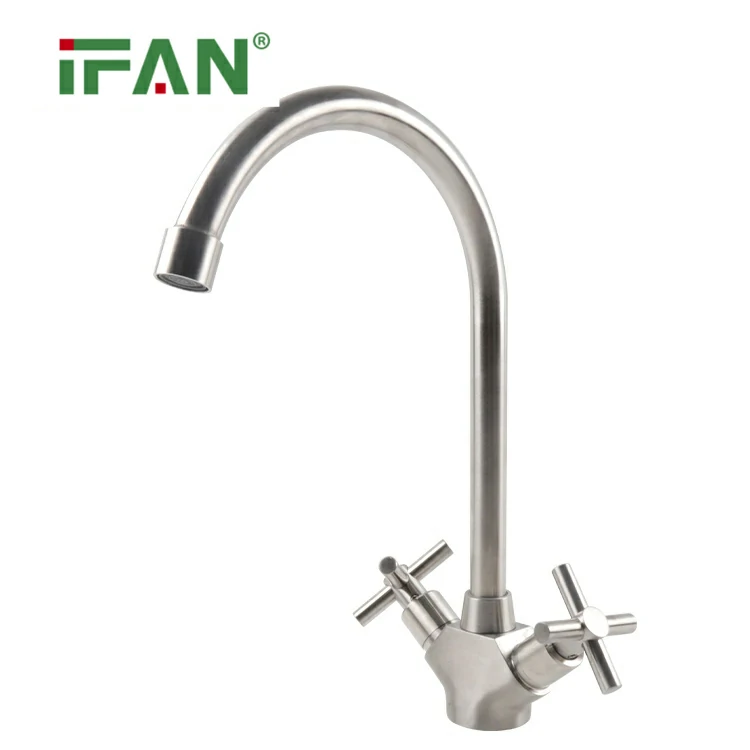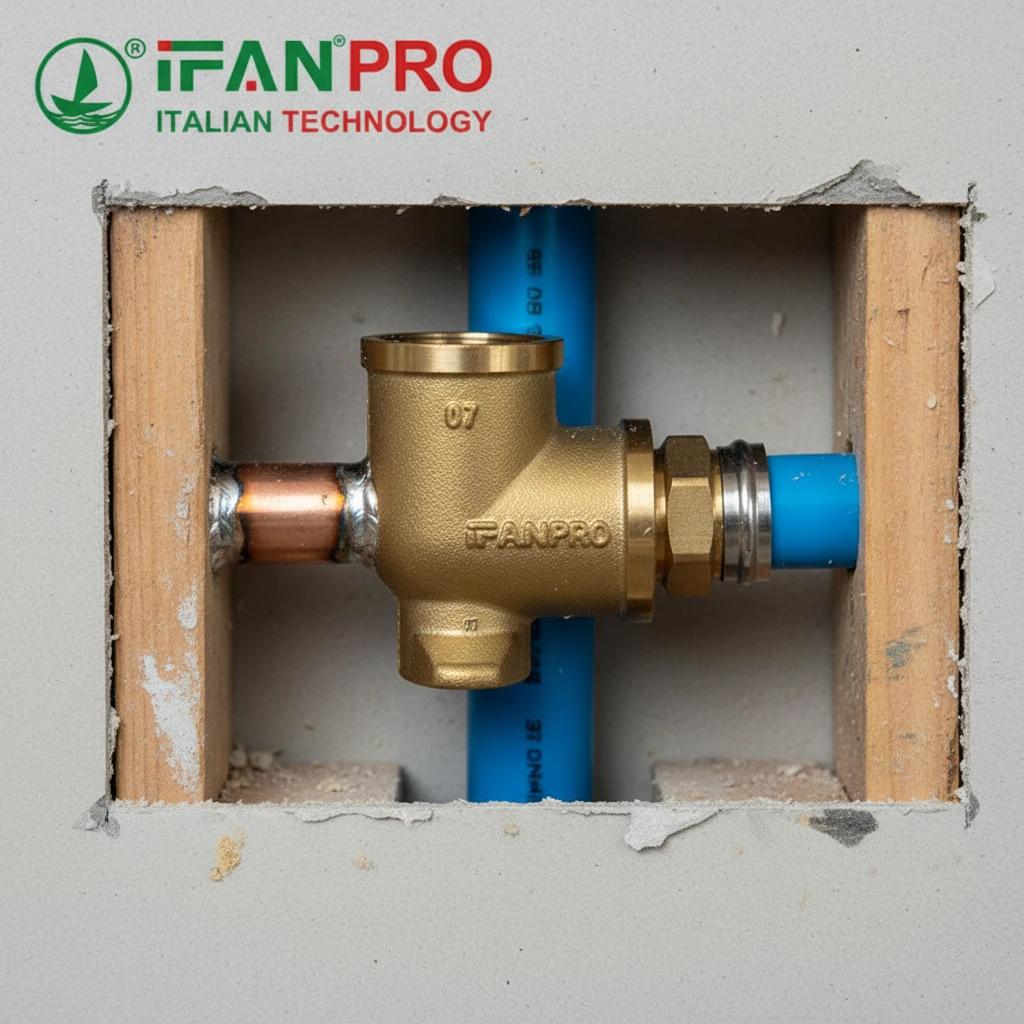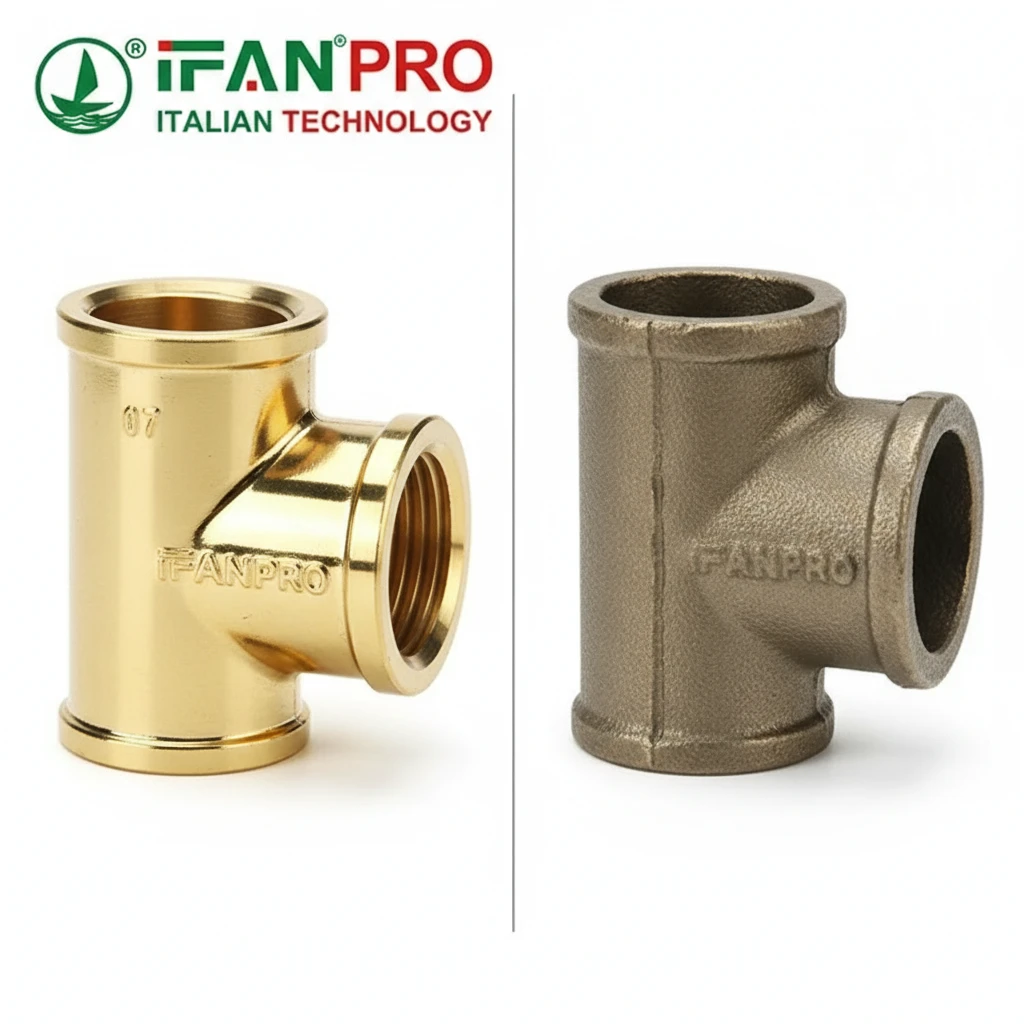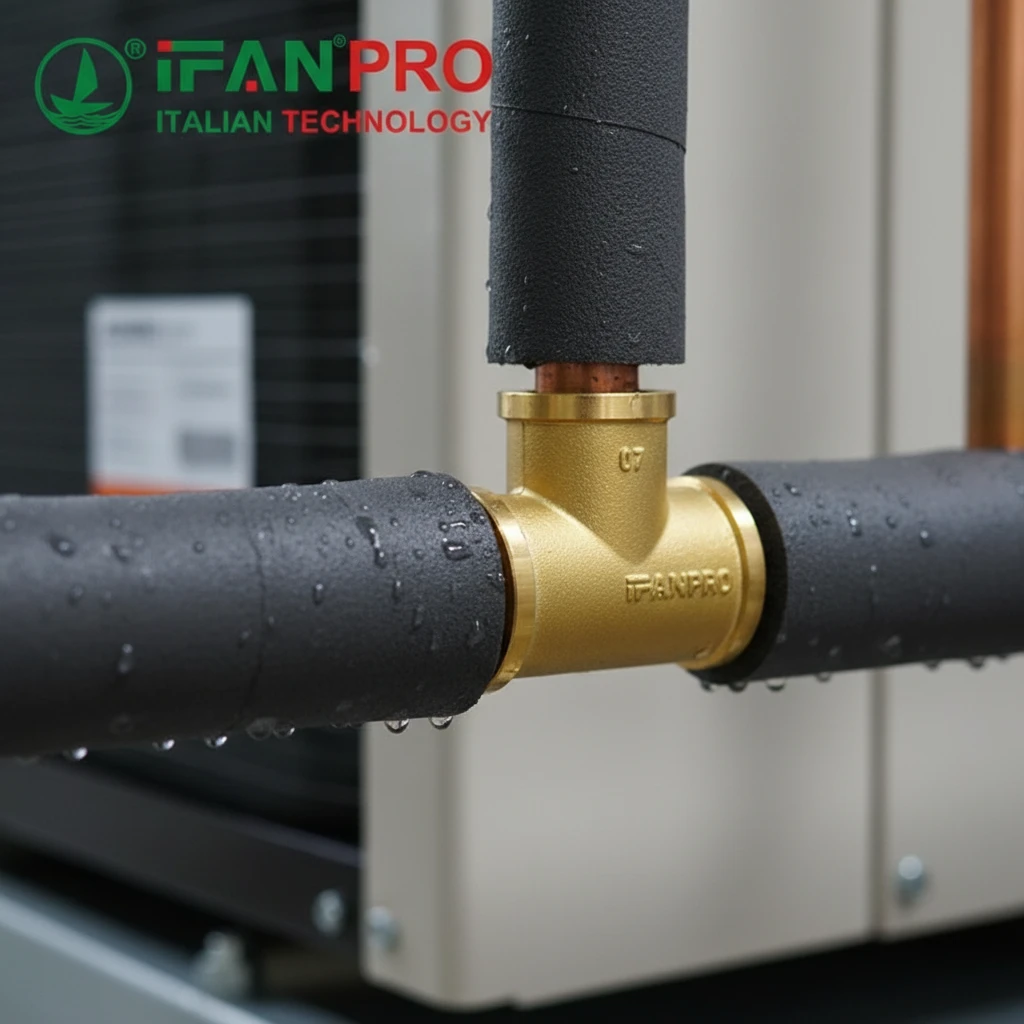How to Buy Kitchen Faucet in Bulk
When sourcing kitchen faucets in bulk, every decision impacts cost, quality, and customer satisfaction. Whether you are a distributor, retailer, or construction project manager, understanding the process is key to making smart purchasing decisions. This guide walks you through the essential steps to buy kitchen faucets in bulk efficiently and profitably.
1. Define Your Requirements
Before reaching out to suppliers, clarify what you need:
- Faucet Type: Single-handle, pull-down, wall-mounted, or touchless?
- Material: Brass, stainless steel, or zinc alloy?
- Finish: Chrome, brushed nickel, matte black?
- Functionality: Water-saving, swivel spout, ceramic cartridge?
Clear specifications save time and help you avoid unsuitable offers.
2. Set a Realistic Budget
Bulk orders bring economies of scale—but prices vary based on:
- Material quality
- Valve technology
- Brand reputation
- Packaging and customization needs
Set a price range per unit and total budget, including shipping and import duties.
3. Choose the Right Supplier
Find a factory or supplier that specializes in faucet manufacturing. Key considerations include:
- Product range
- Production capacity
- Quality certifications (e.g., ISO, CE, CUPC)
- Customization options
- Previous export experience
Check reviews, factory audits, or request samples. At ifanultra.com, we offer flexible customization services with full quality control.
4. Request Samples Before Ordering
Never place a bulk order without testing a sample. Evaluate:
- Finish and build quality
- Ease of installation
- Water flow and performance
- Packaging presentation
Samples help you verify the manufacturer’s reliability and product consistency.
5. Negotiate Terms Clearly
Once satisfied with quality, discuss:
- MOQ (Minimum Order Quantity)
- Lead time and production schedule
- Payment terms (e.g., 30/70, LC)
- Warranty and return policy
- Shipping options and Incoterms (FOB, CIF, DDP)
Get all agreements in writing to avoid disputes.
6. Inspect Before Shipment
Consider third-party inspection services. They help check:
- Quantity and packaging
- Labeling and customization
- Leakage tests and finish integrity
Avoid costly surprises by verifying the shipment before it leaves the factory.
7. Plan for After-Sales Support
Reliable after-sales support is crucial. Ask about:
- Spare parts availability
- Installation guides or videos
- Technical assistance
Factories like focus on long-term partnerships by providing end-to-end service support.
Final Thoughts
Buying kitchen faucets in bulk requires more than just comparing prices. You need a trustworthy partner, a clear product specification, and solid logistics planning. When done right, bulk purchasing boosts profit margins and ensures consistent quality for your projects or retail business.
Visit ifanultra.com to explore factory-direct kitchen faucet solutions.














Recent Comments